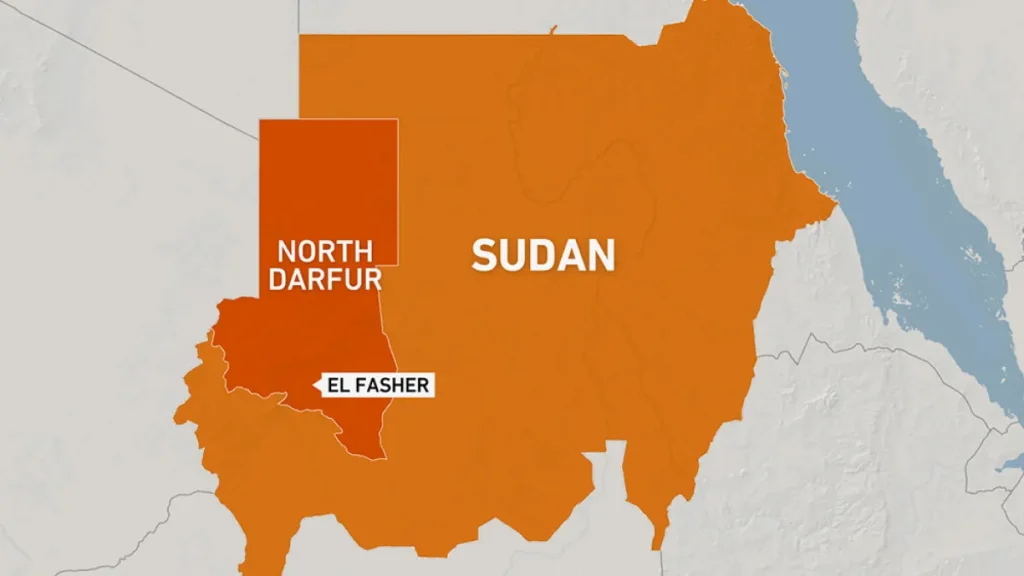Government officials warn that the blockade, which has lasted for nearly a year and intensified in recent weeks, has created life-threatening conditions. Food supplies have dwindled, prices have skyrocketed, and aid convoys remain blocked, placing entire communities at risk of starvation.
On Saturday, a high-level Sudanese delegation led by Sovereign Council member Ibrahim Jabir met with UN officials, including Deputy Resident Humanitarian Coordinator Kristina Hamburg. Also present were key Sudanese figures such as the Information Minister, the Foreign Ministry’s Undersecretary, and the Acting Humanitarian Aid Commissioner.
In a statement, Information Minister Khalid Aleisir said Sudan had formally requested the UN to use its own air assets and transport networks to deliver life-saving aid directly to the besieged region. The government also called on the UN to investigate and report alleged war crimes by the RSF, including indiscriminate shelling of civilian areas and maintaining the blockade.
The crisis has particularly endangered children. According to UNICEF, over 800,000 children in El Fasher and the nearby Zamzam camp are now at serious risk due to ongoing violence and collapsed public services.
Humanitarian efforts have been disrupted. Both the World Food Programme and Doctors Without Borders have suspended operations in the Zamzam camp following multiple RSF attacks, including artillery strikes, the most recent of which occurred just days ago.
Council member Jabir urged UN agencies to pressure the RSF to open humanitarian access routes. He reiterated Khartoum’s willingness to cooperate with all humanitarian actors to ease the suffering of civilians.
UN official Kristina Hamburg responded that the organization is drafting a proposal to present to all conflict parties, aiming to facilitate safe aid delivery and improve conditions for those trapped by the conflict.
Meanwhile, a proposal by two armed groups to establish safe passage routes from El Fasher and surrounding camps—Zamzam, Abushouk, and Abuja—to other towns in North Darfur was turned down by local defense forces and camp leaders. They warned of a potential RSF military escalation, which they say makes movement too dangerous.
The humanitarian situation in El Fasher remains one of the most urgent crises in Sudan’s ongoing war.


